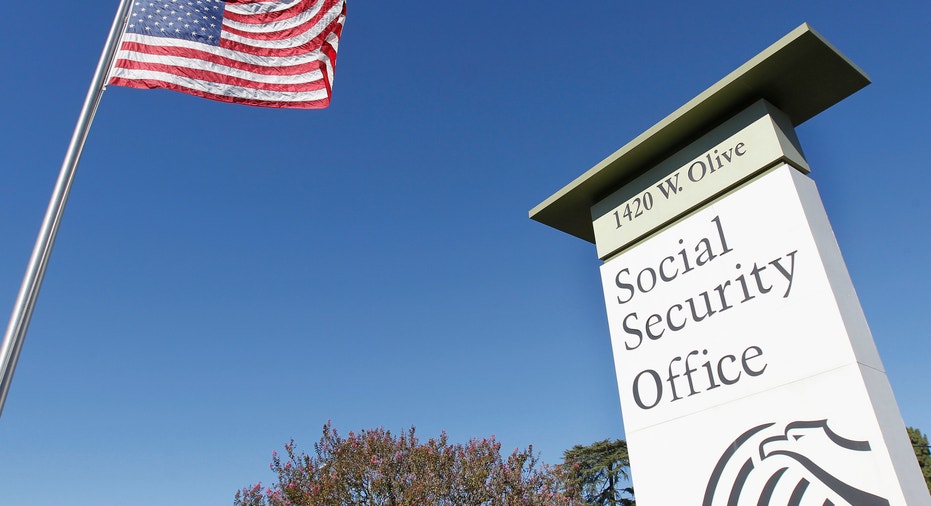Filing for Social Security? Choose Your Start Date Carefully

There are three key ages when it comes to Social Security:
- Age 62: This is the earliest age you can begin to receive retirement benefits. Your monthly benefit will be permanently reduced.
- Age 66: This is currently “full retirement age” (FRA). If you delay the start of benefits until you reach this age, you will receive 100% of the benefit you earned. In addition, you will have more choices about how you can take your benefit.(1)
- Age 70: This is the latest age you want to file for benefits. For each month beyond FRA that you delay the start of benefits your monthly amount goes up. This “delayed retirement credit” (DRC) amounts to an 8% increase every 12 months you delay. Since DRCs stop when you reach age 70, there is no upside to postponing the start of benefits past 70.
While this seems pretty straight-forward, you can get into trouble unless you understand how Social Security determines when you reach a certain age. A mistake can not only result in a smaller monthly check; it can also negate your ability to employ key strategies that can significantly increase your- and potentially your spouse’s -- benefit.
Starting Benefits ASAP
For instance, assume you want to start Social Security as soon as you turn 62. Your birthday falls on August 10th, so a few months before that you file for benefits. If you quit work at the end of July assuming your first Social Security check will arrive in a week or so, you would be in for a rude awakening: Based upon this scenario, the earliest your benefits will start is September.
According to Ben Stump in the Social Security national press office, “Social Security law states that a person [increases in] age on the day before their actual date of birth.” In other words, for Social Security purposes, you turned 62 on August 9th.
Fine, but why didn’t your benefit start in August? Because of another rule that only applies when you want to begin receiving retirement benefits at 62- the earliest age possible. This requires that “an individual must be age 62 for the entire month,” says Stump. September is the first month that you can possibly be 62-years-old for a full month.
However, not everyone born in August has to wait until September to begin Social Security at age 62. As Stump explains, “An individual born on the first or second day of the month (attainment of age 62 on the last day of the preceding month or the first day of the current month) could be entitled to benefits for the month of his or her 62nd birthday.” That’s because in either case that person would be considered age 62 for the “full” month of August.
If you’ve mastered that concept, let’s move on to one that potentially has much more significant consequences: the month you turn full retirement age, or FRA.
The Importance of FRA
If you wish to begin Social Security when you turn 66, the exact day of the month not important. “Full retirement benefits are payable beginning with the month FRA is attained regardless of the day of the month,” explains Stump. In fact, you might even be able to start the month before.
Let’s say that when you learn that starting Social Security benefits before you are FRA will reduce your monthly check by 25%, you decide to wait until you are 66. At that point, you will receive 100% of your benefit.
Following the recommendation on the Social Security website, you file online three months before you want your benefit to start, that is, on or before May 10th. Again, no matter what the actual “date” of your birth is, your benefit can begin in August.
However, if you were born on August 1st, according to Social Security’s rule, you actually “turn” 66- full retirement age- on July 31st. Thus, your first check could arrive the month before your actual birth month.
What’s the Big Deal?
I met a man who, as suggested, filed for Social Security three months before he would reach age 66.(2) He was shocked to receive his first benefit check two months later. And, he was incensed that the amount he received was “reduced” because he started receiving his benefit a month before he turned full retirement age.
Frankly, he was angry about the wrong issue. The size of his benefit reduction was insignificant- 5/9th of 1%.(3)
What he – and his wife!- should have been upset about was that, due to the fact his first Social Security check arrived before he officially turned 66, he lost the opportunity to use “file and suspend” or “file and restrict”- two strategies that might have enabled them to substantially increase the maximum Social Security benefit they were eligible for as a couple. In order to use either of these claiming techniques, you cannot begin receiving Social Security benefits before you are full retirement age.
Fill in the Blank
Whether you wish to begin receiving benefits before, at or after FRA, you can-and should-specify the month you want your first check sent. This is done when you fill out your initial application for Social Security, regardless whether you do this online or in person.
If you are uncertain as to the month that you will attain a certain age, ask.



















